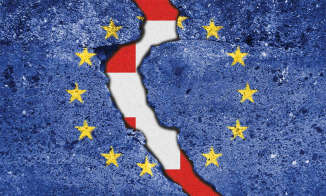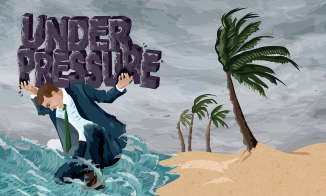The global economy is slowing and so too is the Middle East. In April, the International Monetary Fund (IMF)almost halved this year’s growth forecast for the MENA region to 1.3%, from its previous estimate of 2.5% in October 2018. Dragging everything down is the oil sector – particularly in Saudi Arabia – US sanctions in Iran, and geopolitical tensions in other economies such as Iraq, Syria and Yemen.
But such downgrades are no surprise for lawyers in the region. ‘There is no doubt the region is going through a downturn,’ says Richard Gimblett, resident managing partner of the Dubai arm of Holman Fenwick Willan (HFW), which has more than 50 lawyers across its offices in Riyadh, Dubai, Kuwait City and Abu Dhabi. ‘The volatile price of oil obviously hasn’t helped. These are still largely petro-economies, although they are trying to diversify.’ Continue reading “The Middle East: The rough with the crude”
















